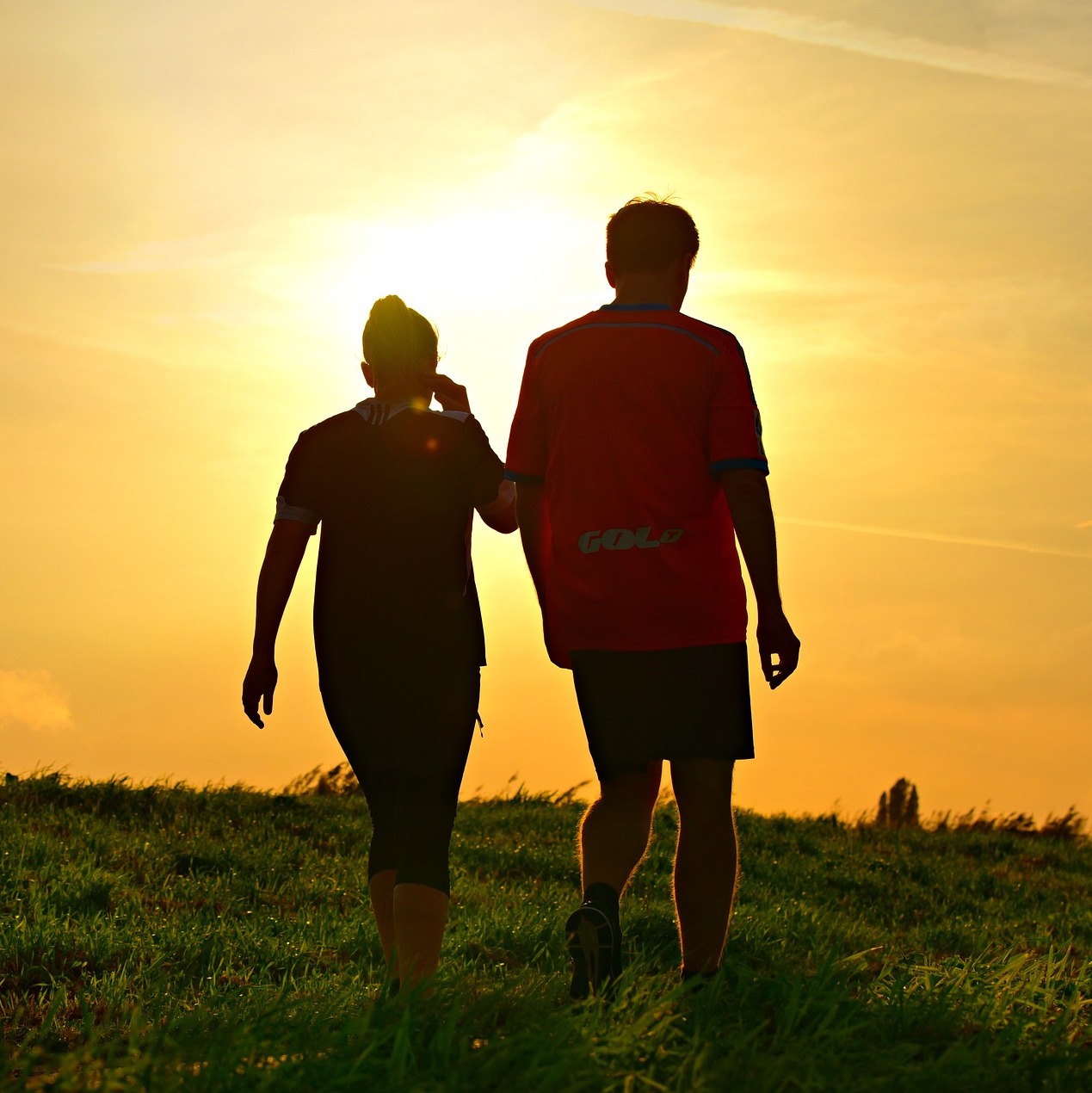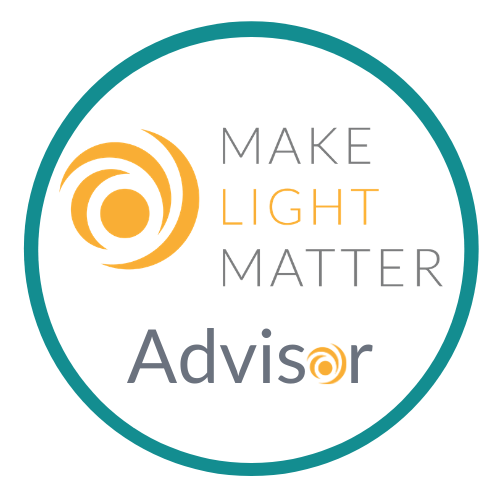Light and Health
If somebody would ask you about aspects of a healthy lifestyle, what would come to your mind? Food, probably, and excercise. But would you think about light? Have you ever considered "light nutrition"?
Light is an everyday part of our life, it's everywhere, provided by the sun or some artificial light source. We talk about light in terms of energy efficiency, maybe in terms of colour rendering. We know that we need light to see. We rarely think about light as a health factor - and few people are aware of the fact that the wrong kind of light can actually cause harm in our body.
Light is essential for life. Without light our body cannot produce vitamin D, a vital hormone for our bones and immune system. Light also triggers the production of serotonin. Bright light during the day keeps us awake and helps us concentrate. But not every kind of light is the same. To produce vitamin D we need UVB-radiation, the same radiation that can cause sunburns. The same radiation we are told to avoid. And to be awake, we need blue-rich light.
As important as light is during the day, at night we need darkness. Artificial light at night suppresses the production of the hormone melatonin, which brings our body into the nocturnal state of rest, allows us to sleep, and is an active component of our immune system. Without the daily change of light and dark, our body goes out of sync with the sun cycle and its various internal rhythms. Our entire physiology is affected and in the long run we can develop depression, obesity, diabetes, cardiac diseases, and even some forms of cancer. Current research also finds links to our brain: If you can't sleep properly, your risk for dementia increases.
If you aim for a healthy lifestyle, use light in the right way. The easiest advice is to get lots of sunlight during the day and stay away from bright lights at night. Sleep in natural darkness, not too bright, not absolutely dark. Unfortunately, this isn't always easy to do in our every day life. Artificial light can help if you can't get enough sunlight, but the wrong kind of light can actually do harm, especially after sunset. These days, light quality in offices is considered by professional light planners, but we don't think enough about light in our private rooms - a health-problem, especially considering the amount of home-office-workers right now. In the evenings however, we need dim light to calm down and put the day to an end.
If you want ideas on how to change your personal light nutrition, contact me for an consultation.
My service
You want advice on how to use light and darkness to be healthier, happier, and more productive? Ask me for a consultation on your personal use of light.
You have employees and would like to do domething for their health and well-being? Then ask me about biological aspects of indoor lights and the importance of sunlight-breaks. I also offer online-seminars for people in home-office.
You are a light planner and have questions about chronobiology and the non-visual function of light? Let's schedule a Q&A-session.
You organise training for healthcare professionals? So far light has often been forgotten in our healthcare system, but you can improve the well-being of your patients and employeees considerably with the right light. Ask me for seminars or consultation.
I offer talks, seminars, and workshops on biological rhythms, sleep, and their role for our health and well-being for people without previous knowledge including students, for lighting professionals, and medical professionals.


